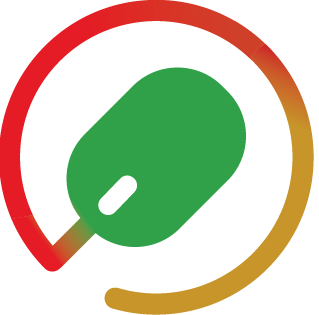In commemoration of World Day Against Cyber Censorship, Paradigm Initiative urges governments in the Global South that will hold elections to safeguard human rights online by promoting free expression and access to information during the elections.
This call comes against the backdrop of digital rights violations that are witnessed in several countries.
In 2023, Zimbabwe and Gabon restricted the internet during their elections. In Sudan, internet access was unstable amid ongoing conflict, while in Turkey, throttled X to mute criticism of the Turkish government’s response efforts after an earthquake. After the indefinite election postponement, Senegal imposed internet shutdowns and a social media ban to quell protests. Last week, Senegal rescheduled the election to March 24, 2024.
The World Day Against Cyber Censorship, is commemorated annually on March 12 to draw attention to how governments worldwide are deterring free expression online.
PIN urges governments to refrain from restricting internet access as this action violates fundamental human rights and international standards on free expression and access to information. Cyber censorship during electoral periods limits the electorate from accessing or sharing voter information; thus crippling transparency and accountability around electoral processes, undermining the electorate’s ability to make informed decisions and undermining the credibility of elections.
PIN’s Londa Report indicates that African countries block access to social media and shutdown the internet amid political turmoil or elections.
A report by Surfshark highlights that at least 34 countries in Africa have a history of shutting down the Internet and indicating that one-third of African countries have restricted access to Internet services because of elections.
PIN is concerned that this trend could spiral and reinforce cyber censorship in 2024, as at least 64 countries will hold elections globally.
Cyber censorship threatens the right to free expression and access to information as set out in Article 9 of the African Charter on Human and Peoples’ Rights (ACHPR) and Article 19 of the International Covenant on Civil and Political Rights (ICCPR), to which Senegal is state party to.
“Freedom of expression and the right to receive and impart information are intrinsic values of any democratic society and deserve the utmost legal protection. Globally, many countries have passed cyber laws that impose hefty fines and penalties. These laws are constantly being used by authoritarian governments to clamp down on free speech online and empower targeted surveillance against human rights defenders, political actors, and media.
Notably, Nigeria has hampered the media’s watchdog role during elections by detaining, harassing or attacking at least 14 journalists who were covering the country’s presidential and federal elections. Such acts cause fear and limit free expression and access to information,” said Bridgette Ndlovu, PIN’s Partnerships and Engagements Officer.
In 2023, Tanzania banned the use of Virtual Private Networks (VPNs) without a permit, giving a directive for private users and businesses to disclose usage of VPNs and their IP addresses or face imprisonment or a hefty fine, or both.
In some countries, arbitrary imprisonment is often used to suppress the right to access news and information. Amid the electoral period, in February, Pakistan authorities detained journalists and disrupted access to social media platform X.
In view of these concerns, Paradigm Initiative calls on governments to comply with the following;
Protect journalists during elections and respect their right to receive and impart information.
Refrain from abusing cyber laws to abitrarily limit free expression.
Refrain from arbitrary targeted surveillance tools that violate privacy
Repeal cyber provisions that violate privacy and freedom of expression.
Maintain access to the internet during elections and refrain from undertaking social media bans during political unrest or elections.
Refrain from arresting human rights defenders, journalists and political actors that exercise their democratic right to freely express themselves




No comments:
Post a Comment